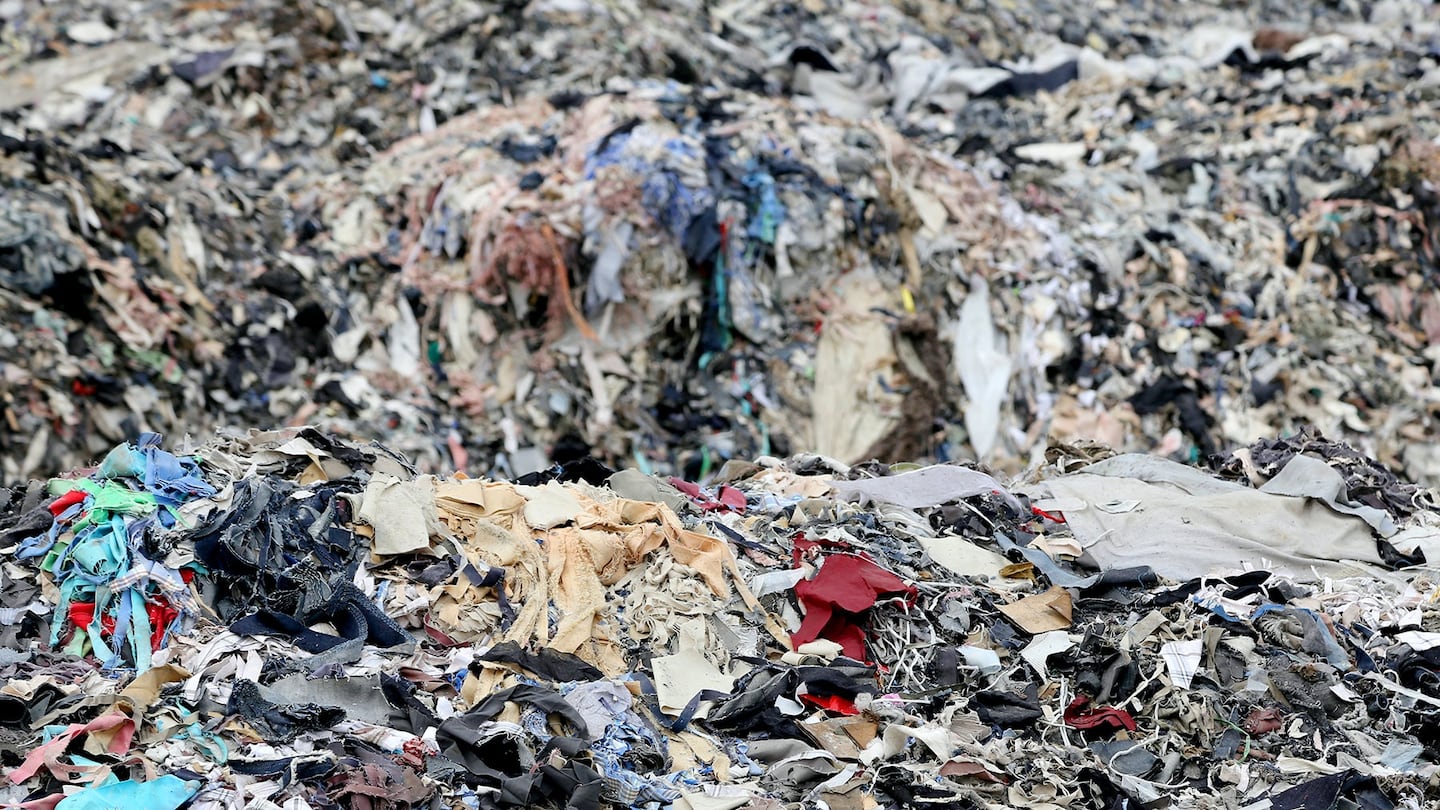
The Business of Fashion
Agenda-setting intelligence, analysis and advice for the global fashion community.

Agenda-setting intelligence, analysis and advice for the global fashion community.

COPENHAGEN, Denmark — The fashion industry's efforts to clean up its act aren't happening fast enough to offset the negative social and environmental impact of its rapid growth, according to a new report published Tuesday.
While the industry's environmental and social performance has improved in the last year, it's still far from sustainable, and the speed of progress has decreased by around a third, the report released by the Global Fashion Agenda, Boston Consulting Group and Sustainable Apparel Coalition found.
The annual Pulse of The Fashion Industry report measures and scores the industry’s sustainability performance. It precedes the Global Fashion Agenda’s annual summit in Copenhagen next week, which brings together major players to discuss the issue.
This year, the industry’s pulse score rose to 42 out of 100, compared to 38 last year and 32 in 2017.
ADVERTISEMENT
Most of the improvement in the last year is the result of rapid progress among brands that are just getting started, laying the groundwork to operate better by defining a strategy, putting in place better governance and setting targets. Meanwhile, progress has slowed among larger companies who have already taken the first steps and now need to figure out how to build more systemic changes into the way they operate.
The plateau comes as the industry continues to grow rapidly - a worrying trend that could significantly dampen the impact of sustainability improvements if efforts are not accelerated. Clothing production is expected to hit 102 million tons by 2030. If there’s no change in the way the sector operates, it will put a huge strain on the world’s resources.
“The slackened pace is alarming,” the report said. “This could have a dire effect on the long-term environmental, social and financial prosperity of the industry and planet.”
Related Articles:
[ Fashion Industry Still Failing on TransparencyOpens in new window ]
[ Can Recycling Fix Fashion's Landfill Problem?Opens in new window ]
The fashion industry continues to advance voluntary and unlikely solutions to its plastic problem. Only higher prices will flip the script, writes Kenneth P. Pucker.
The outerwear company is set to start selling wetsuits made in part by harvesting materials from old ones.
Companies like Hermès, Kering and LVMH say they have spent millions to ensure they are sourcing crocodile and snakeskin leathers responsibly. But critics say incidents like the recent smuggling conviction of designer Nancy Gonzalez show loopholes persist despite tightening controls.
Europe’s Parliament has signed off rules that will make brands more accountable for what happens in their supply chains, ban products made with forced labour and set new environmental standards for the design and disposal of products.